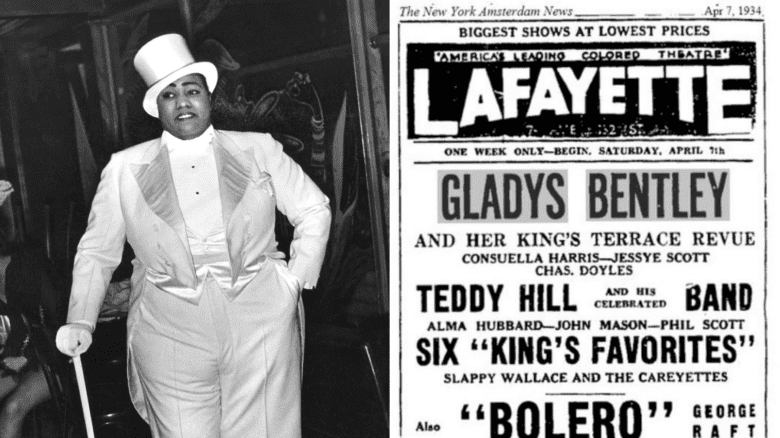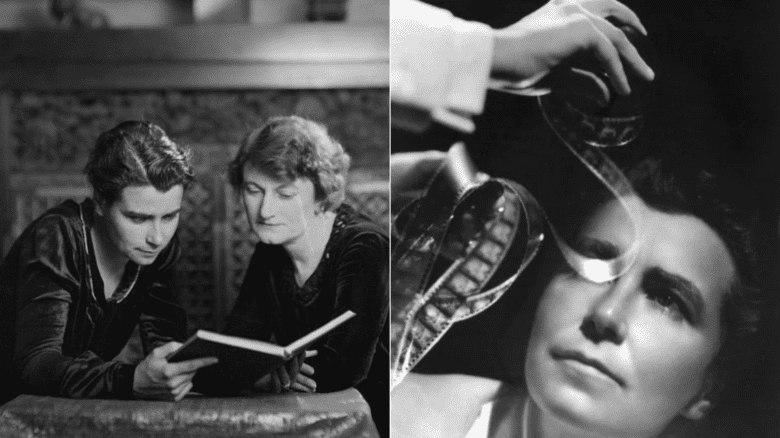When Kelly Worrall took off her men’s clothes for what she expected would be the last time in 2011, she felt free.
“It was very liberating to be able to give myself the opportunity to be who I needed to be in the moment,” she says. “For 37 years I’ve played by the rules and I’ve done everything I was supposed to do, and it didn’t make me happy. I still felt trapped inside.”
As a seven-year-old, Worrall wished she had been born a girl. She wanted to wear long skirts and grow up to be a tall, beautiful woman. But it was the 1980s, and transitioning back then was barely an option on most people’s radar. So she repressed her feminine self. Until she couldn’t anymore.
Coming out gave her permission to be her true self, she says.
Now, after two years of living full-time as a woman, she is presenting again as a man. Does this make her any less trans? No, she answers without hesitation.
This is her story.
Read Robin Perelle’s editorial on Kelly’s story here.
Video by Robin Perelle and Angelina Cantada.

 Why you can trust Xtra
Why you can trust Xtra


